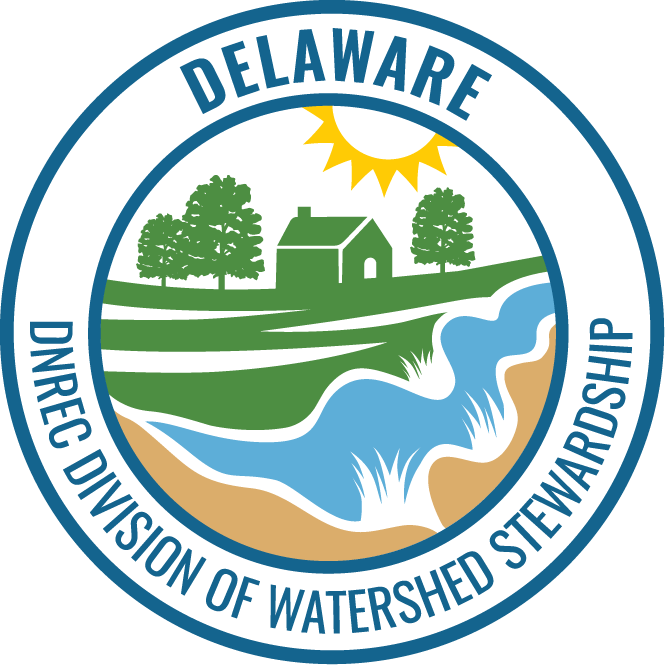
Facebook Twitter Instagram YouTube RSS Feed
Written on: March 14th, 2022 in Outreach
By Caitlin Chaney, Delaware Center for the Inland Bays In the last 30 years, the population across the Delaware Inland Bays watershed has surged. The Inland Bays is a special place to live, but growing development brings challenges to the watershed and those who live within it. Climate change, sea level rise, and nutrient pollution […]
Written on: September 16th, 2019 in Living Shorelines
On a warm July morning not long after the official start of summer, some 2 dozen volunteers gathered at Sassafras Landing, an unimproved boat launch popular with kayakers and duck hunters inside the Delaware Division of Fish and Wildlife’s Assawoman Wildlife Area (AWA) near Frankford. Their mission: transplant nearly 5,200 plugs of native marsh grass onto what otherwise appeared to be a pristine white sand beach.
Written on: May 14th, 2019 in Wetland Assessments
by Alison Rogerson, Wetland Monitoring & Assessment Program Our Roots In 1998 the Delaware Department of Natural Resources and Environmental Control’s (DNREC) Environmental Scientist, Amy Jacobs (now with The Nature Conservancy), took part in a grant project held by the Delaware chapter of The Nature Conservancy and the Smithsonian Environmental Research Center. This project developed […]
Written on: December 9th, 2016 in Wetland Assessments
Guest Writer: Katie Georger, Delaware Center for the Inland Bays In November, the Delaware Center for the Inland Bays (CIB) released the 2016 State of the Bays report, a 70-page compilation of environmental data about the Rehoboth, Indian River and Little Assawoman Bays and their watershed. In assembling this report, we considered thirty-five environmental indicators […]
Written on: May 30th, 2016 in Living Shorelines
Did you know that empty oyster shells can be reused for wetland restoration projects and that there are two oyster shell recycling programs in Delaware? One is run by the Center for the Inland Bays in Rehoboth Beach and the other is by the Partnership for the Delaware Estuary in Wilmington. Oysters have hard shells […]
Written on: October 23rd, 2015 in Living Shorelines
A “Living Shoreline” is a method of bank stabilization that reinforces the shoreline to protect coastal properties from erosion, while also restoring and enhancing fish, wildlife water quality and wetland habitat. Unlike bulkheads and stone riprap, living shorelines use natural materials to maintain existing connections between the shoreline and aquatic areas. A number of living shoreline materials and […]
Written on: October 23rd, 2015 in Living Shorelines
A “Living Shoreline” is a method of bank stabilization that reinforces the shoreline to protect coastal properties from erosion, while also restoring and enhancing fish and wildlife habitat. Unlike bulkheads and revetments, living shorelines use natural materials to maintain existing connections between the shoreline and aquatic areas. A number of living shoreline materials and tactics […]